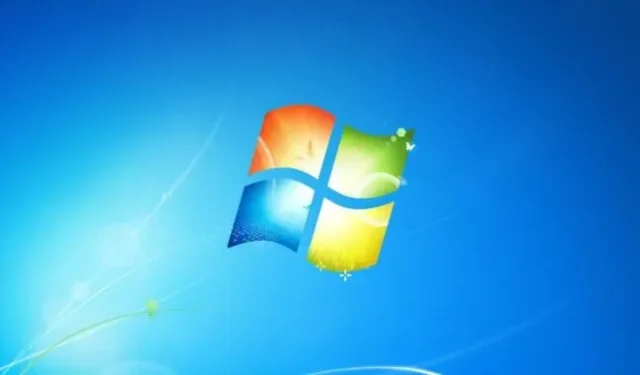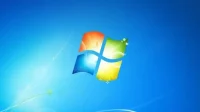PC gamers running older versions of Windows may finally need to upgrade if they want to continue playing games from their Steam libraries. Valve announced this week that they will be ending support for Steam on Windows 7 and Windows 8 as of January 1, 2024. “After this date,” the company said in a brief announcement, “the Steam client will no longer work on these versions of Windows.”
This schedule is still quite generous for users of 14- and 11-year-old operating systems, given that Microsoft ended support for both of them back in January 2023. GPU manufacturers like Nvidia and AMD also ended support for their latest GPUs in Windows 7 or Windows 8 quite a while ago.
This move will affect a vanishingly small but constant number of Steam users. According to Valve’s own February 2023 survey, 32-bit and 64-bit versions of Windows 7 and Windows 8.1 account for just under two percent of all Steam usage. That’s next to nothing compared to Windows 10 and Windows 11 (nearly 95 percent), but all versions of macOS combined make up just 2.37 percent, and all versions of Linux combined (including Steam Deck) make up just 1.27 percent.
According to Valve, the main culprit is the Chromium-based built-in browser that Steam actually uses to display the Steam store and other parts of the user interface. Chrome ended support for Windows 7 and Windows 8 around the same time that Microsoft ended support for those operating systems earlier this year. Versions that are still running on Windows 7 and 8 will be subject to security bugs over time and increasingly to rendering errors and other functional issues.
Upgrading to Windows 10 should still be relatively easy for Windows 7 and Windows 8 users, thanks to Microsoft’s free upgrade offer that never ended, although it should have ended back in 2016. If your PC is still running Windows 7 or 8 well enough, it should do the same for Windows 10, and Windows 10 will continue to receive security updates from Microsoft until at least October 2025. However, if you want to fully upgrade to Windows 11, you’ll probably need a hardware upgrade, or you could risk an unsupported installation—Windows 11’s more stringent hardware requirements will prevent it from running on most PCs that might be running Windows 7 or Windows 8.
Valve recommends upgrading to a newer version of Windows now rather than waiting for the period to end in January 2024, primarily because these PCs are now out of patches and more vulnerable to malware.


